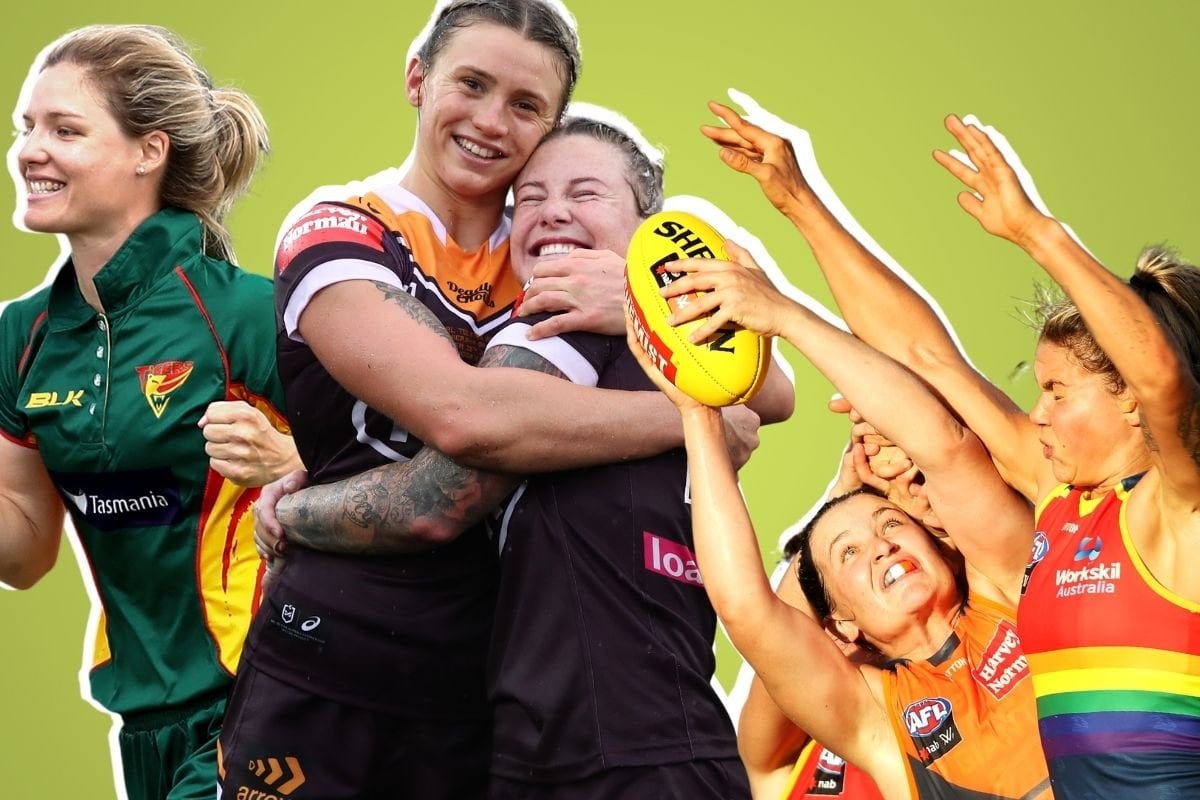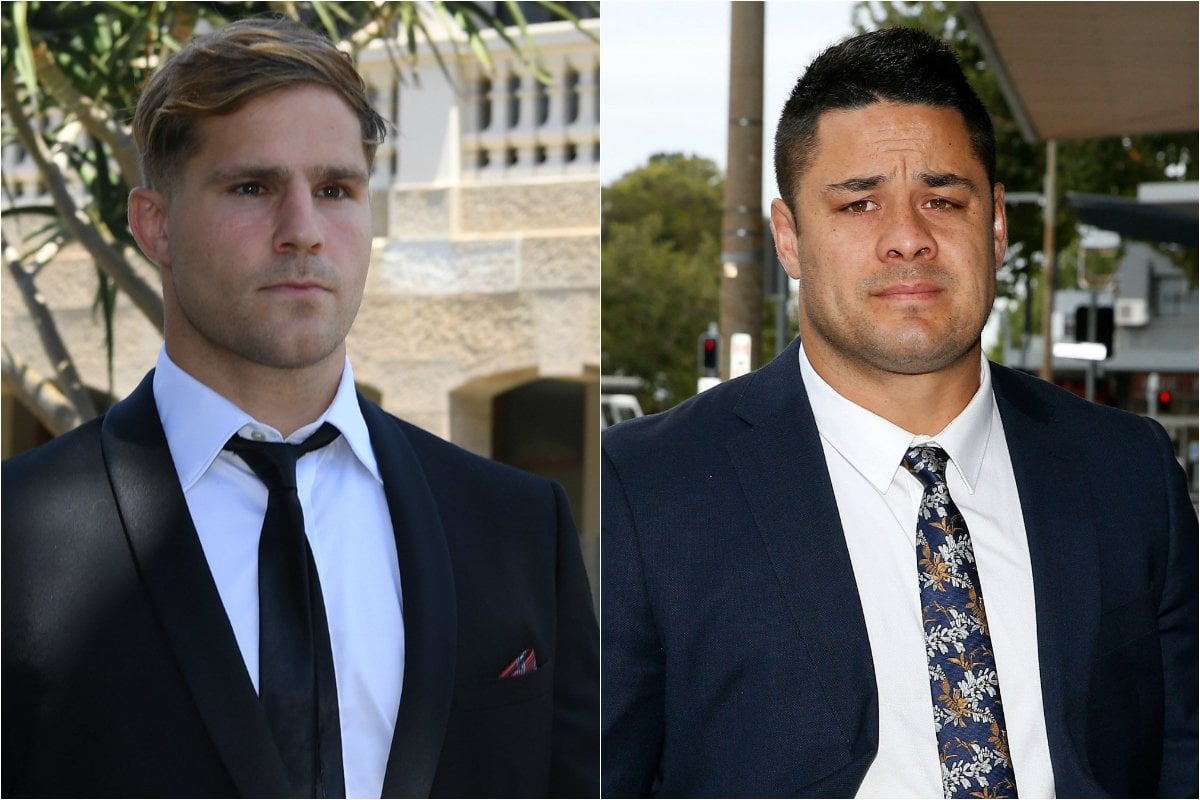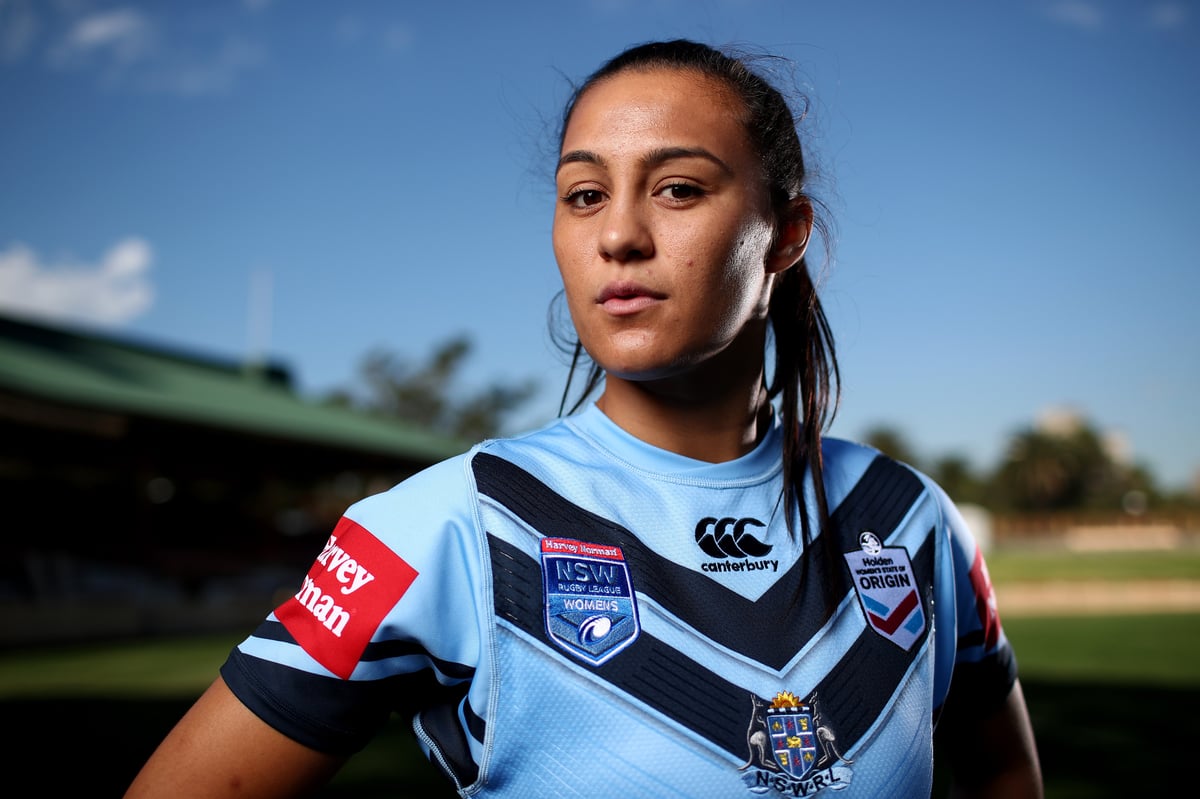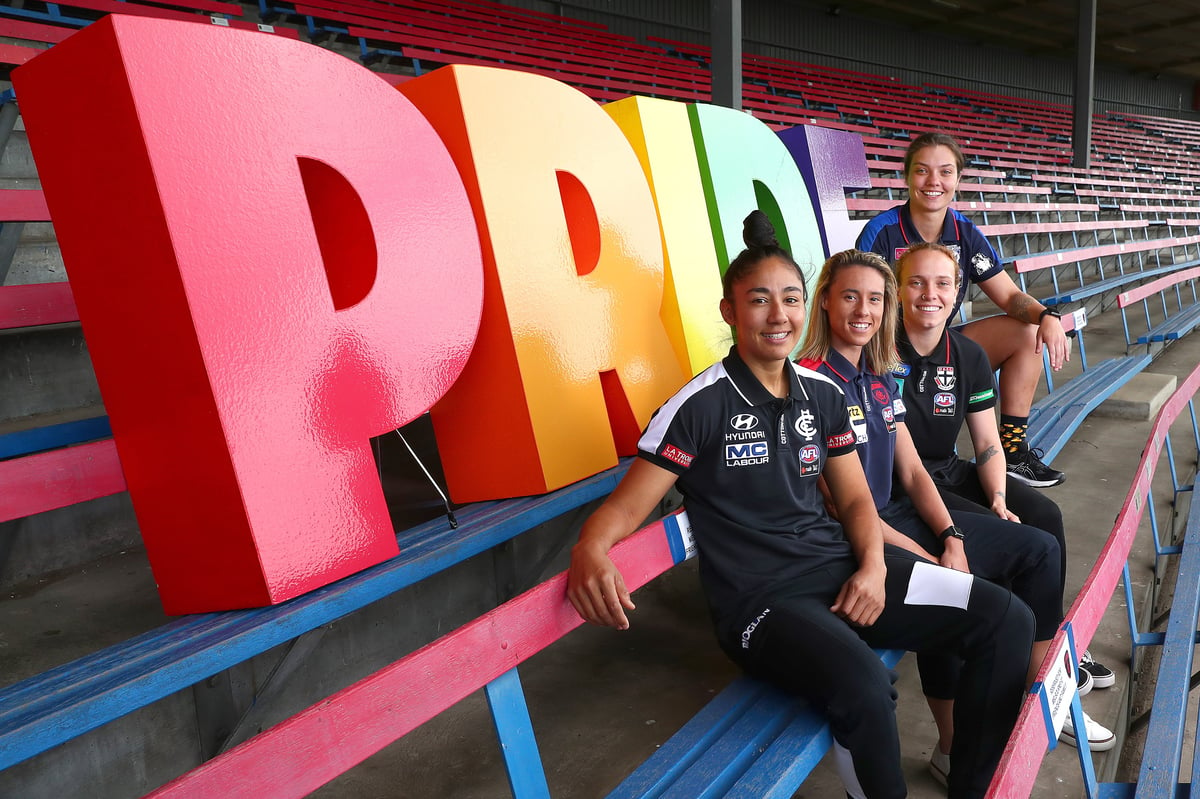
Sport and controversy unfortunately go hand in hand in Australia.
In the first week of February 2021 alone, Collingwood Football Club was described in a report commissioned by the club's board as having a toxic culture of systemic racism.
Israel Folau made headlines as the St. George Illawarra Dragons considered luring him back into the sport after he was sacked in 2019 for posting derogatory and homophobic posts on social media.
WATCH: Folau was kicked out of Rugby Australia for breaching his contract in 2019. Post continues after video.
And former Rabbitohs captain and assistant coach Sam Burgess was on Friday found guilty of an intimidation charge against his ex-wife Phoebe's father.
But that's just the tip of a huge controversial iceberg, with alleged sexual assaults, drug use, domestic violence allegations and sexism regularly linked back to Australian sports stars.
It's almost always, however, our male sporting heroes that are embroiled in scandal, with our women's codes largely untouched by court proceedings and allegations of racism, sexism and bad behaviour.
Here are just five things Australia's men's sporting codes can learn, as women's competitions continue their fight for equal representation on our courts, fields, stadiums and TVs.



Top Comments